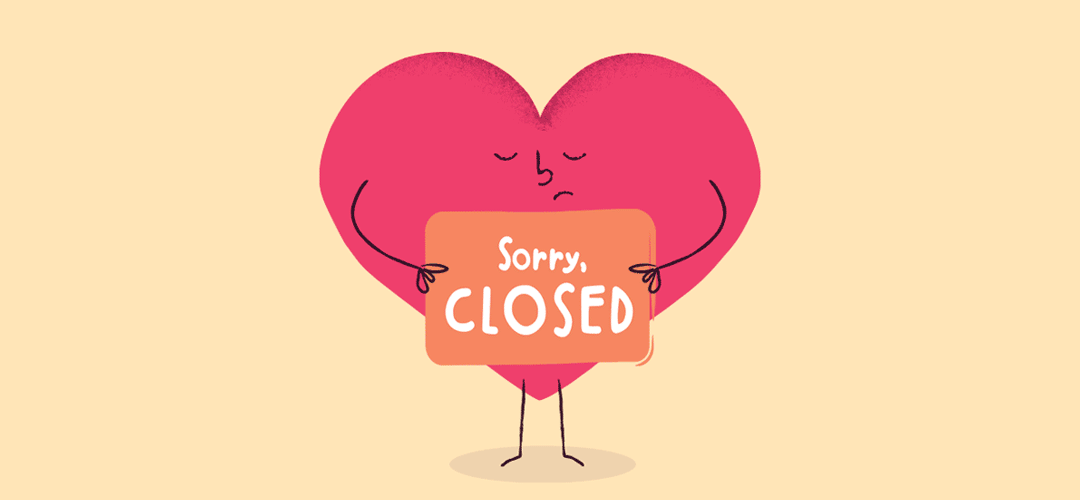
13053 views
by Dr.Meghna varma
Lessons on Forgiveness: Psychology behind letting go

A client of mine, we'll call Nimmy, was a victim of the worst kind of abuse - beaten by an alcoholic parent, molested by a relative & emotionally manipulated to hide this abuse.
As she recollected her terrifying childhood, I was stunned by what the woman has been through and the professional challenge of helping her let go of it all and get on with her life. How do you get a person to forgive when she has every reason to be resentful and angry?
As we worked together, she gradually uncovered the obstacles to forgiveness and eventually found a certain degree of peace which she'd never known earlier in her life.
As a psychotherapist, it is one of my greatest privileges to work with people like Nimmy & help them overcome pain, anger & resentment and lead a mentally healthier life.
To forgive doesn't mean to forget

The bar for forgiveness is not elimination of an event from the memory. It is not biologically or psychologically possible to pick the memories that stick with us. But we can choose where we let our attention flow. We can choose what thoughts we want to entertain, whether to ruminate on the wrongs that were committed against us or to focus on how we can make our lives better.
It is best to simply acknowledge the spontaneous memories of the hurtful past and consciously choose to move your attention elsewhere.
Key is to enforce strong & healthy mental boundaries.
Keep your anger in check

It is natural to feel anger & resentment towards the one who hurt you. In all fairness, it also feels good initially, acting as an ego boost
However after a period of time, it causes more harm than good. It makes your painful memories stronger, making them readily accessible frequently reminding you of the wrongs that happened to you.
When you catch yourself feeling the anger, acknowledge it & accept that you have a right to be angry. But then also ask yourself, whether this anger doing you any good at all.
Forgiveness is a choice, made again & again
The first & the most important step to forgiveness is to decide & commit yourself to forgive your offender. But forgiveness is a process, a long term process that starts with a single decision but doesn't end there.
There will be days when anger flares and memories of the past stare right back at you. Yet, you need to remind yourself why you made the decision to forgive and stick to it
While most of us believe that forgiveness is some sort of an ethical or moral construct, it is fundamentally psychological.

Truly letting go and moving on involves :



